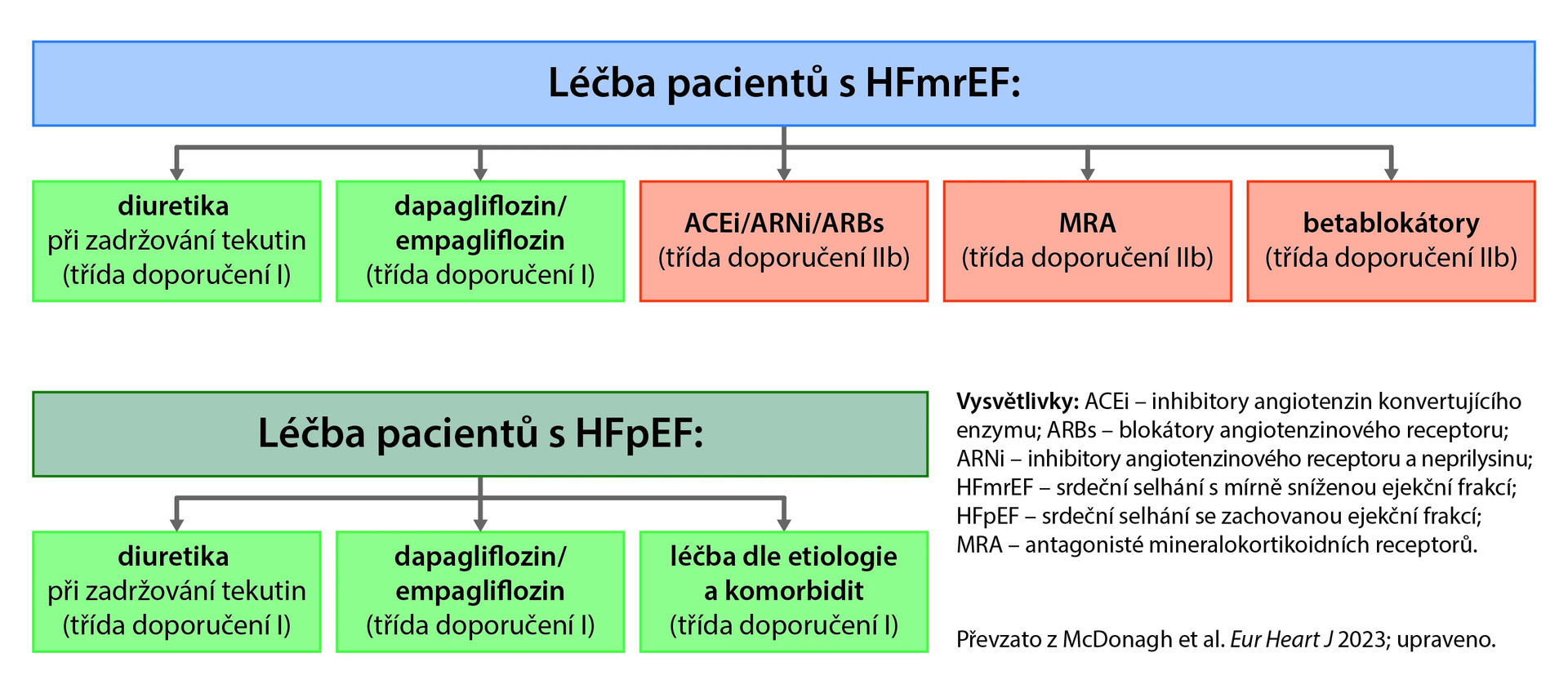The Latest Updates of ESC Recommendations for Heart Failure Treatment
What is new in heart failure therapy? At the annual congress of the European Society of Cardiology (ESC), held from August 25–28, 2023 in Amsterdam, updates to clinical guidelines were traditionally presented. One of these was an update to the 2021 recommendations concerning the diagnosis and treatment of acute and chronic heart failure (HF). Below you will find a brief summary of the key changes.
New Data from Clinical Studies
Since 2021, when the ESC issued the last recommendations on HF, more than 10 randomized controlled clinical trials have been published that should be considered in treating patients with this condition. The Heart Failure Working Group, led by Professor Marco Metra from the University of Brescia and Professor Theresa McDonagh from King's College Hospital in London, has therefore prepared an update to the recommendations. They concern three areas − the treatment of acute HF, chronic HF, and patients with comorbidities.
Management of Acute Heart Failure
The STRONG-HF clinical trial recently demonstrated the benefits of an approach based on the initiation and up-titration of oral heart failure treatment during the last two days of hospitalization and at follow-ups early after hospital discharge. These findings led to a new recommendation for an intensive approach to the initiation and up-titration of HF treatment in the first six weeks post-hospitalization, which should help reduce rehospitalizations and deaths. During follow-ups, special attention is recommended to symptoms of congestion, blood pressure and heart rate values, NT-proBNP, potassium, and eGFR.
Treatment of Chronic Heart Failure
The 2021 guidelines did not contain any recommendations for the use of sodium-glucose cotransporter-2 inhibitors (SGLT2, i.e., gliflozins) in symptomatic patients with mildly reduced (HFmrEF) or preserved (HFpEF) left ventricular ejection fraction due to lack of data. Based on data from the EMPEROR-Preserved and DELIVER studies, empagliflozin or dapagliflozin are now recommended in these patient groups to reduce the risk of hospitalization and mortality (therapeutic algorithm − see figure below).
Figure. Treatment of patients with HFmrEF and HFpEF

Patients with Comorbidities
The updated guidelines recommend empagliflozin or dapagliflozin for patients with chronic kidney disease (CKD) and type 2 diabetes to reduce the risk of death or hospitalization due to HF. This recommendation is based on data obtained in the DAPA-CKD and EMPA-KIDNEY clinical trials and a meta-analysis of four clinical trials.
The second recommendation for this patient group is based on findings from the FIDELIO-DKD and FIGARO-DKD studies, which demonstrated the beneficial effect of administering the mineralocorticoid receptor antagonist (MRA) finerenone in terms of reducing the risk of hospitalization due to HF.
(este)
Sources:
1. McDonagh T. A., Metra M., Adamo M. et al. 2021 ESC guidelines for the diagnosis and treatment of acute and chronic heart failure. Eur Heart J 2021; 42 (36): 3599–3726, doi: 10.1093/eurheartj/ehab368.
2. McDonagh T. A., Metra M., Adamo M. et al. 2023 focused update of the 2021 ESC guidelines for the diagnosis and treatment of acute and chronic heart failure. Eur Heart J 2023 Aug 25: ehad195, doi: 10.1093/eurheartj/ehad195.
Did you like this article? Would you like to comment on it? Write to us. We are interested in your opinion. We will not publish it, but we will gladly answer you.
